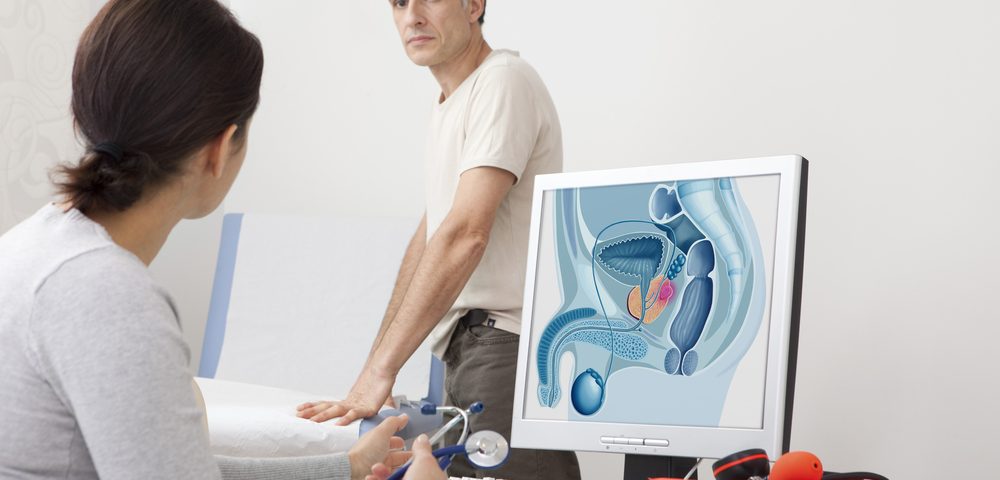A recent study using animals demonstrated that Humanetics‘ BIO 300 reduces radiation-induced erectile dysfunction and slows tumor growth.
Radiation-induced erectile dysfunction is a common side effect observed in more than half of men treated with radiation therapy for prostate cancer. There currently are no FDA-approved drugs to mitigate radiation-induced erectile dysfunction.
BIO 300 (nano-genistein) has been developed by Humanetics Corporation to reduce radiation-associated toxicities in multiple cancers. It already is being studied in Phase 1b/2a clinical trials in patients with non-small cell lung cancer receiving chemoradiotherapy.
The drug now is being evaluated by Humanetics for preventing radiation-induced erectile dysfunction. Data recently presented during the annual meetings of the American Society for Radiation Oncology (ASTRO) and the Radiation Research Society (RRS) has shown that the drug, given before or after radiation, significantly improved erectile dysfunction in animal models.
The study, “Treatment With Nano-Genistein for the Prevention of Radiation-Induced Erectile Dysfunction,” involved testing the drug in a rat model. Animal prostates were irradiated and treated with nano-genistein three days prior to irradiation for 14 weeks. A bioassay to assess erectile dysfunction was carried out at four, nine, and 14 weeks following irradiation.
The study also assessed the effect of nano-genistein on tumor growth in mice. Prostate cancer cells (both hormone-sensitive and insensitive cells) were injected into immune-deficient mice. The mice then were irradiated and treated with the drug.
At 14 weeks, rats that received nano-genistein prior to or after radiation, showed significant improvement in erectile dysfunction compared to those that only received radiation without the drug. Moreover, nano-genistein significantly delayed tumor growth in mice injected with hormone-sensitive or insensitive prostate cancer cells.
The authors of the study concluded that “taken together, these data suggest nano-genistein can improve the therapeutic ratio in the treatment of prostate cancer by sensitizing tumors to [irradiation] and mitigating normal tissue side effects of treatment.”
“BIO 300’s potential to enhance radiation’s killing effect on the tumor while reducing treatment-related side effects is unparalleled,” said Michael Kaytor, PhD, vice president of research and development at Humanetics, in a press release. “These findings support the advancement of BIO 300 into a human efficacy study, which is anticipated to begin in 2018.”

